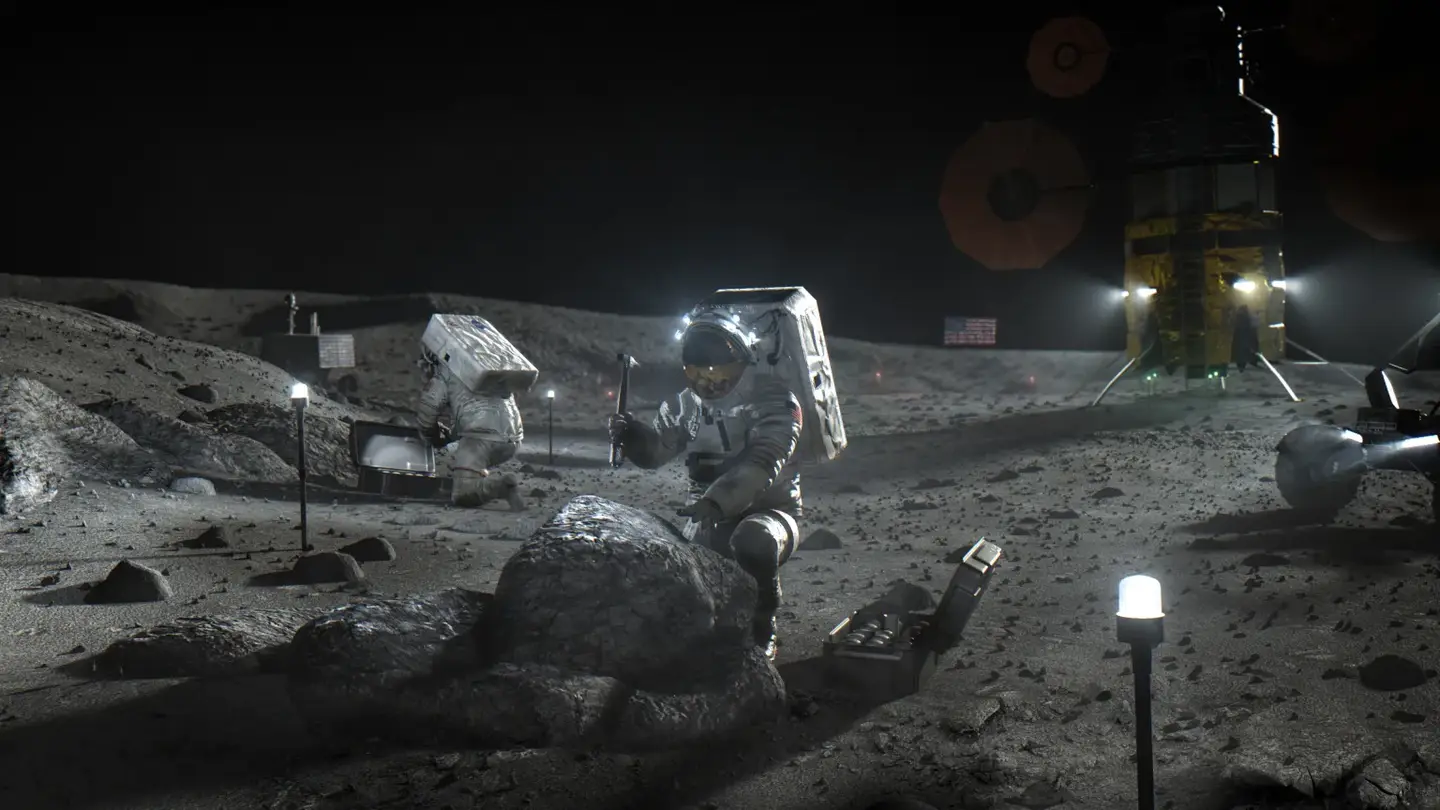What We’re Reading This Week Across the Web (Through Mar 28)

Share
Enjoy this week's stories!
ROBOTS: It's Time For Robot Pilots
Jason Koebler | Motherboard
"Flying a plane from the ground (or taking it over from the ground, in case of emergency) raises a host of other issues, namely hacking concerns. But the military does it with drones all day, every day, and well-encrypted communications would go a long way to preventing that from happening. Onboard computers could, if connection was lost, automatically land the plane, which is already done with the military's Global Hawk drone."
ARTIFICIAL INTELLIGENCE: Intelligent robots must uphold human rights
Hutan Ashrafian | Nature
"We must consider interactions between intelligent robots themselves and the effect that these exchanges may have on their human creators. For example, if we were to allow sentient machines to commit injustices on one another — even if these 'crimes' did not have a direct impact on human welfare — this might reflect poorly on our own humanity. Such philosophical deliberations have paved the way for the concept of 'machine rights'."
SPACE: Space Privatization, Tourism and Morals: Ethics and engineering become entangled as Earthlings leave home
Leigh Cooper | Inside Science
"'We don't know who the Googles and the Amazons are going to be. It might be SpaceX and Virgin Galactic,' Impey said about the private groups who will be involved in the next stage in space travel. 'I do believe that what happens next [with space travel] will dwarf what's happened before.'"
DRONES: The Buzz of Something New
The Economist
"The Global Positioning System and Google Earth can tell a drone where it is and what large, permanent obstacles it might encounter, and it can be programmed with its course before it lifts off. The problem, rather, is the unexpected: an unwary bird; an unmapped tree; a gust of wind. Part of making drones able to fly by themselves will be to give them the senses they need to deal with such hazards."
PRIVACY: Where Were You 3 Minutes Ago? Your Apps Know
Elizabeth Dwoskin | The Wall Street Journal
"Computer scientists at Carnegie Mellon University concluded that a dozen or so popular Android apps collected device location – GPS coordinates accurate to within 50 meters – an average 6,200 times, or roughly every three minutes, per participant over a two-week study period."
Be Part of the Future
Sign up to receive top stories about groundbreaking technologies and visionary thinkers from SingularityHub.


FUTURE OF MEDIA: An Emerging Science of Clickbait
Technology Review
"There is a curious difference between the emotions that drive commenting behavior compared to voting behavior. Guerini and Staiano say that posts generate more comments when they are associated with emotions of high arousal, such as happiness and anger, and with emotions where people feel less in control, such as fear and sadness. By contrast, posts generate more social votes when associated with emotions people feel more in control of, such as inspiration."
AUGMENTED REALITY: Augmented reality gets to work—and gets past the “Glassholes”
Sean Gallagher | Ars Technica
"'It's going to take a while for consumers to adopt these things,' said Arnie Lund, Technology Leader for the Connected Experience Labs (CEL) research organization at GE Software. 'But when we look in the industrial space, there are incredible opportunities to enhance productivity with these technologies and open up new kinds of experiences with the evolution of [mobile] devices.'"
CULTURE: Can We Harness Telepathy for Moral Good?
Kat McGowan | AEON
"Technologically assisted telepathy could exaggerate flaws in our moral thinking and saddle us with unbearable intimacy, encouraging us to tune out the suffering of the most vulnerable. Emotional-mindreading is no guarantee of kindness; it is also how psychopaths and bullies manipulate and torment their victims."
[image credit: Surian Soosay/Flickr]
David started writing for Singularity Hub in 2011 and served as editor-in-chief of the site from 2014 to 2017 and SU vice president of faculty, content, and curriculum from 2017 to 2019. His interests cover digital education, publishing, and media, but he'll always be a chemist at heart.
Related Articles

This Week’s Awesome Tech Stories From Around the Web (Through February 14)

Vast ‘Blobs’ of Rock Have Stabilized Earth’s Magnetic Field for Hundreds of Millions of Years

Elon Musk Says SpaceX Is Pivoting From Mars to the Moon
What we’re reading